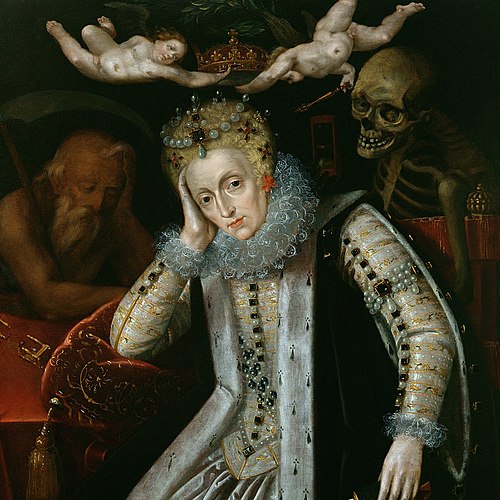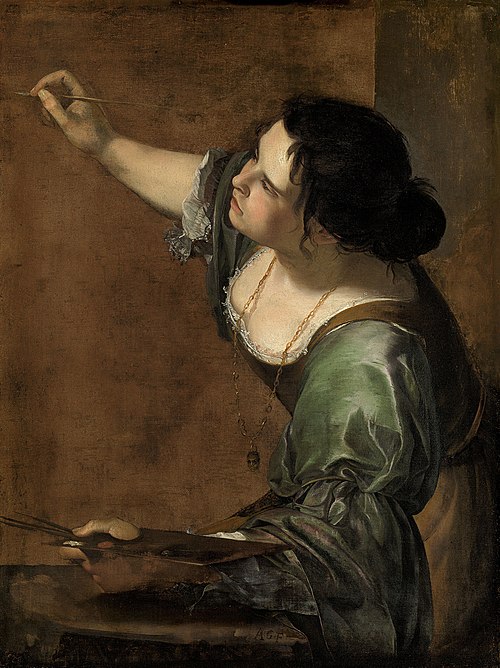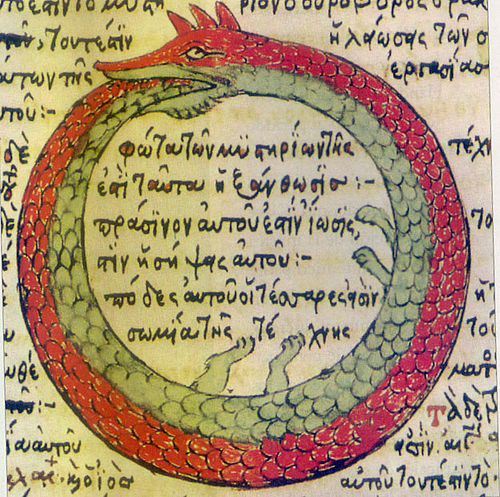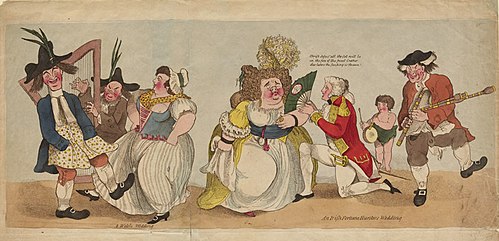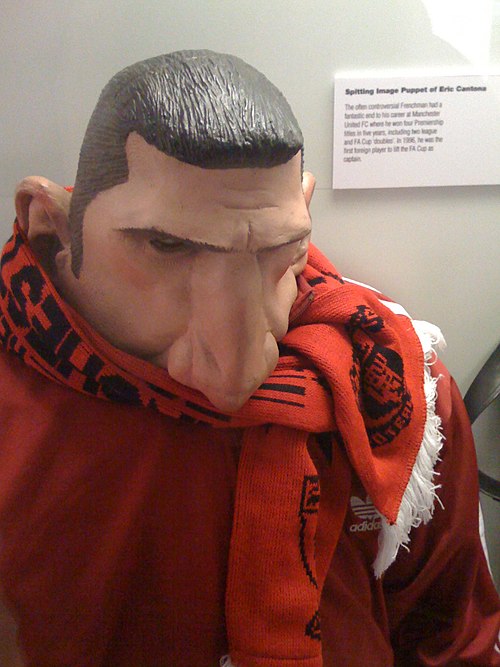Allegorynoun
The representation of abstract principles by characters or figures.
Allegorynoun
A picture, book, or other form of communication using such representation.
Allegorynoun
A symbolic representation which can be interpreted to reveal a hidden meaning, usually a moral or political one.
Allegorynoun
A category that retains some of the structure of the category of binary relations between sets, representing a high-level generalisation of that category.
Allegorynoun
A figurative sentence or discourse, in which the principal subject is described by another subject resembling it in its properties and circumstances. The real subject is thus kept out of view, and we are left to collect the intentions of the writer or speaker by the resemblance of the secondary to the primary subject.
Allegorynoun
Anything which represents by suggestive resemblance; an emblem.
Allegorynoun
A figure representation which has a meaning beyond notion directly conveyed by the object painted or sculptured.
Allegorynoun
a short moral story (often with animal characters)
Allegorynoun
a visible symbol representing an abstract idea
Allegorynoun
an expressive style that uses fictional characters and events to describe some subject by suggestive resemblances; an extended metaphor
Allegorynoun
a story, poem, or picture that can be interpreted to reveal a hidden meaning, typically a moral or political one
Allegorynoun
a symbol.
Allegory
As a literary device, an allegory is a narrative in which a character, place, or event is used to deliver a broader message about real-world issues and occurrences. Authors have used allegory throughout history in all forms of art to illustrate or convey complex ideas and concepts in ways that are comprehensible or striking to its viewers, readers, or listeners.
Satirenoun
(uncountable) A literary device of writing or art which principally ridicules its subject often as an intended means of provoking or preventing change. Humor, irony, and exaggeration are often used to aid this.
Satirenoun
(countable) A satirical work.
Satirenoun
Severity of remark.
Satirenoun
A composition, generally poetical, holding up vice or folly to reprobation; a keen or severe exposure of what in public or private morals deserves rebuke; an invective poem; as, the Satires of Juvenal.
Satirenoun
Keeness and severity of remark; caustic exposure to reprobation; trenchant wit; sarcasm.
Satirenoun
witty language used to convey insults or scorn;
Satire
Satire is a genre of the visual, literary, and performing arts, usually in the form of fiction and less frequently non-fiction, in which vices, follies, abuses, and shortcomings are held up to ridicule, with the intent of shaming individuals, corporations, government, or society itself into improvement. Although satire is usually meant to be humorous, its greater purpose is often constructive social criticism, using wit to draw attention to both particular and wider issues in society.





